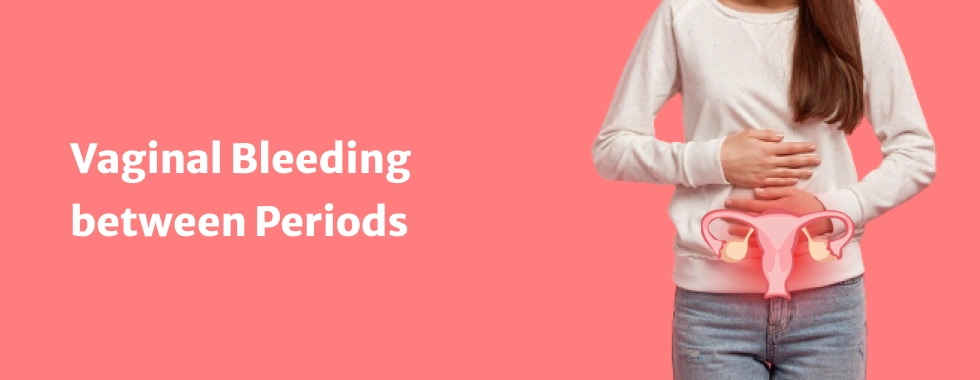
Irregular bleeding and periods, encompassing a variety of menstrual disorders, can significantly affect a woman’s physical health, emotional well-being, and quality of life. These conditions range from unpredictable menstrual cycles to abnormal bleeding patterns, such as heavy bleeding, prolonged periods, or spotting between periods. Understanding the causes, implications, and treatment options is crucial for effective management and overall health.
Causes of Irregular Bleeding and Periods
Several factors can contribute to irregular bleeding and periods, including:
- Hormonal imbalances: Fluctuations in estrogen and progesterone levels can disrupt the menstrual cycle, leading to irregular bleeding.
- Polycystic ovary syndrome (PCOS): A hormonal disorder that can cause infrequent, irregular, or prolonged menstrual periods, along with excess male hormone (androgen) levels.
- Uterine fibroids: Noncancerous growths in the uterus can cause heavy menstrual bleeding and prolonged periods.
- Endometriosis: A condition in which endometrial tissue grows outside the uterus, causing painful periods and irregular bleeding.
- Thyroid disorders: Both hypothyroidism and hyperthyroidism can cause menstrual irregularities.
- Contraceptives: Hormonal contraceptives, including pills, patches, injections, and intrauterine devices (IUDs), can cause irregular bleeding, especially during the first few months of use.
- Stress: High levels of stress can disrupt hormonal balance, affecting the menstrual cycle.
- Extreme weight fluctuations: Being significantly overweight or underweight can affect hormonal function, leading to irregular periods.
- Perimenopause: The transition to menopause can cause irregular periods and bleeding patterns due to fluctuating hormone levels.
Symptoms and Diagnosis
Symptoms of irregular bleeding and periods may vary widely among women and can include:
- Periods that are heavier or lighter than usual
- Bleeding between periods
- Menstrual cycles that are shorter than 21 days or longer than 35 days
- Missing three or more periods in a row
Diagnosing the cause of irregular bleeding often involves:
- Medical history and physical examination: To identify any symptoms and potential causes.
- Ultrasound imaging: Particularly transvaginal ultrasound, to examine the reproductive organs for abnormalities like fibroids, polyps, or ovarian cysts.
- Blood tests: To check for hormonal imbalances, thyroid function, and possible underlying conditions.
- Endometrial biopsy: In some cases, to examine the lining of the uterus for abnormalities.
Treatment Options
Treatment for irregular bleeding and periods focuses on addressing the underlying cause and may include:
- Hormonal therapies: Such as birth control pills, which can regulate menstrual cycles and reduce bleeding.
- Medications: Including nonsteroidal anti-inflammatory drugs (NSAIDs) for pain or tranexamic acid to reduce heavy bleeding.
- Surgical procedures: For structural problems, like removing fibroids or polyps, or endometrial ablation for heavy menstrual bleeding.
- Lifestyle changes: Stress management, maintaining a healthy weight, and regular exercise can help manage symptoms.
Importance of Professional Care
If you’re experiencing irregular bleeding or periods, it’s important to seek professional care. Early diagnosis and treatment can prevent complications, improve your quality of life, and address any concerns related to fertility or other health issues. Healthcare providers can offer personalized advice and treatment plans tailored to your specific needs and health goals.
To book online select the date and time that suits you best – alternatively, please contact us with any questions via the chat, call or email links provided.
Telephone: 020 7101 3377

